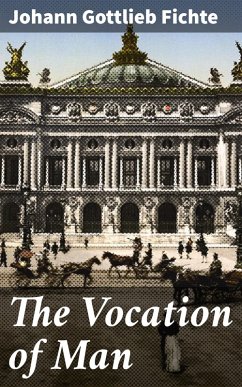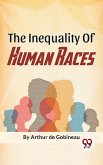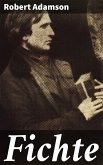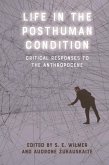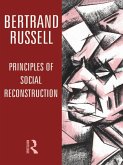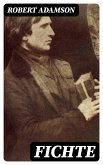In "The Vocation of Man," Johann Gottlieb Fichte presents a profound exploration of philosophical idealism, intertwining metaphysical inquiry with moral imperatives. Fichte employs a dialectical style that bridges the gap between the self and the cosmos, asserting that human purpose is intrinsically linked to the act of self-consciousness and the pursuit of a moral life. Written during the early 19th century, a period marked by the birth of German idealism, the work embodies an urgent engagement with the Enlightenment'Äôs legacy while striving to establish a foundation for individual agency within a collective moral framework. Fichte, a key figure in the German idealist movement, was deeply influenced by Kant'Äôs critical philosophy and the tumultuous sociopolitical landscape of his time. His own experiences in university teaching and activism informed his philosophical approach, emphasizing the moral responsibilities of individuals as they navigate the complexities of both personal and social existence. Fichte's work reflects not only his intellectual endeavors but also his commitment to fostering a sense of community guided by ethical consciousness. Readers seeking a rich, introspective examination of existence and morality will find "The Vocation of Man" an enlightening text. Fichte's arguments resonate with those grappling with the questions of individuality and society, inviting reflection on the human condition and our collective responsibilities. This work is essential for anyone interested in the evolution of philosophical thought and its implications for personal and societal development.
Dieser Download kann aus rechtlichen Gründen nur mit Rechnungsadresse in A, B, BG, CY, CZ, D, DK, EW, E, FIN, F, GR, H, IRL, I, LT, L, LR, M, NL, PL, P, R, S, SLO, SK ausgeliefert werden.

